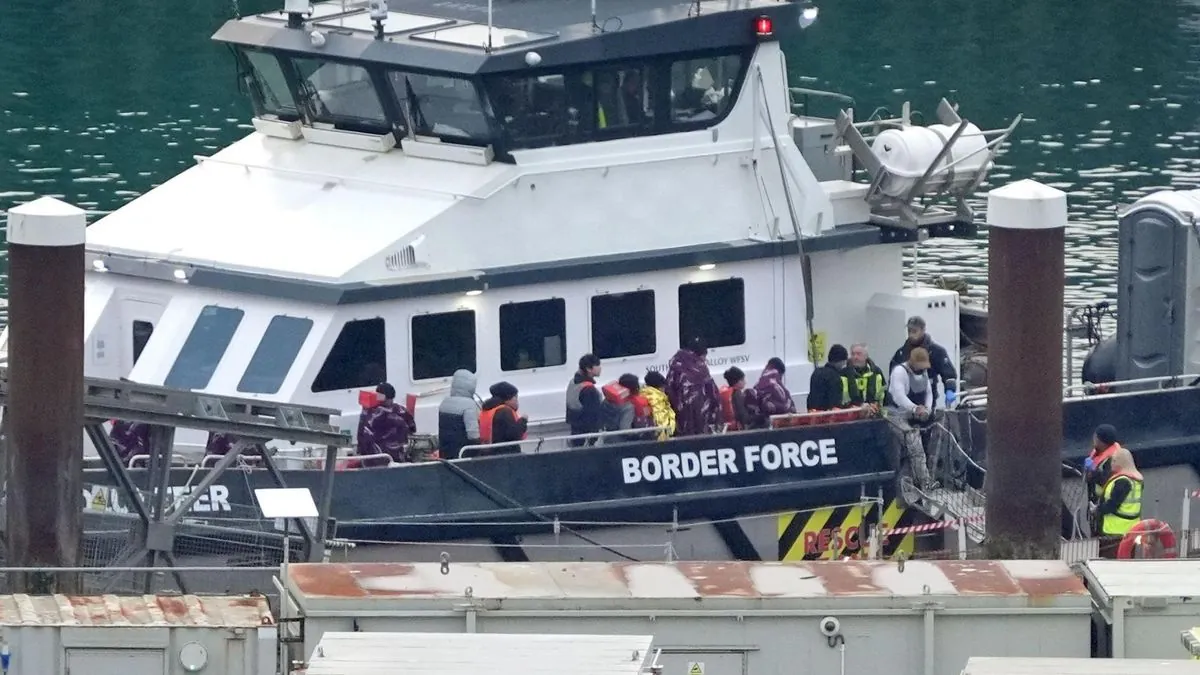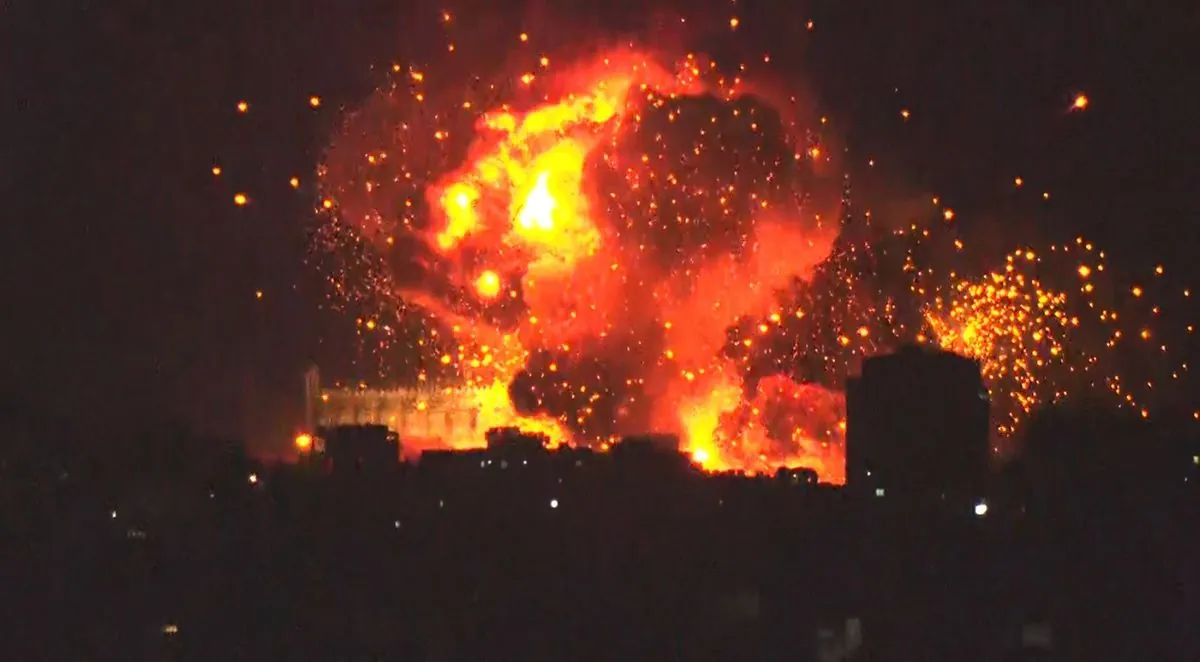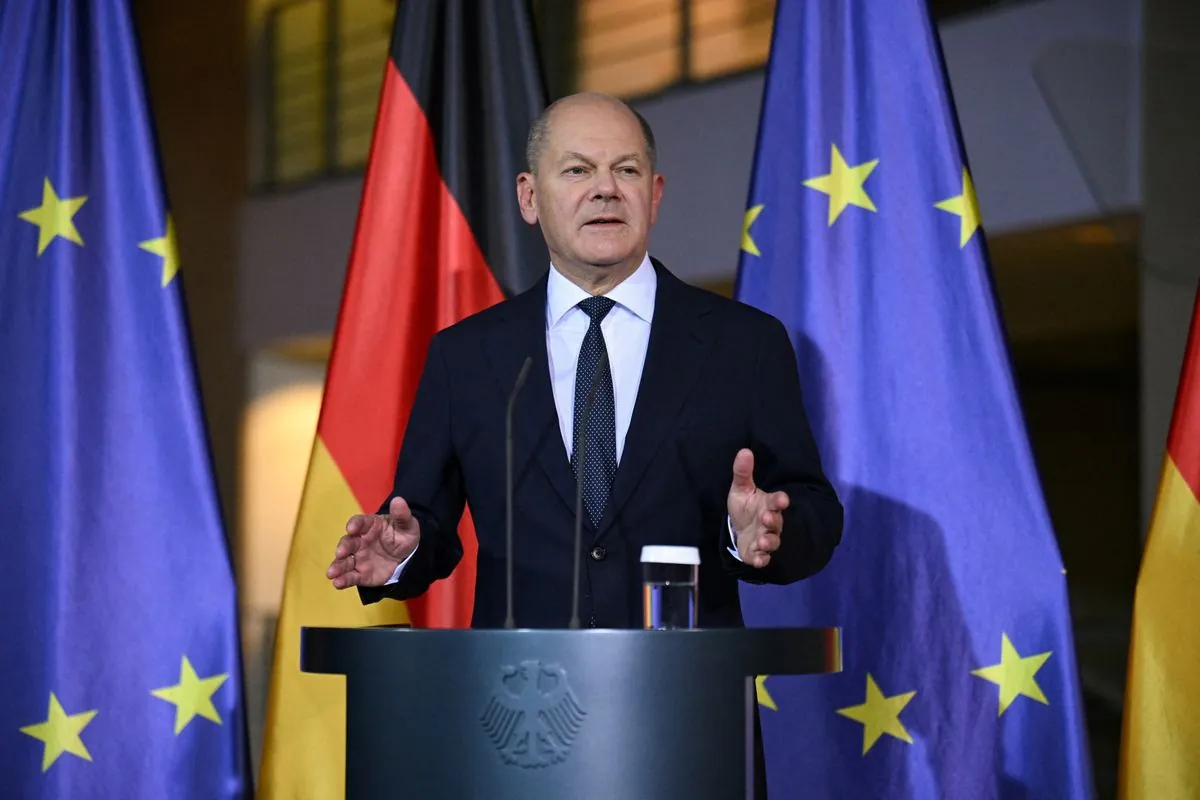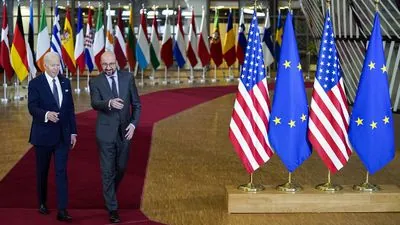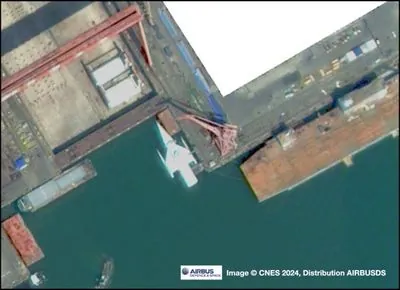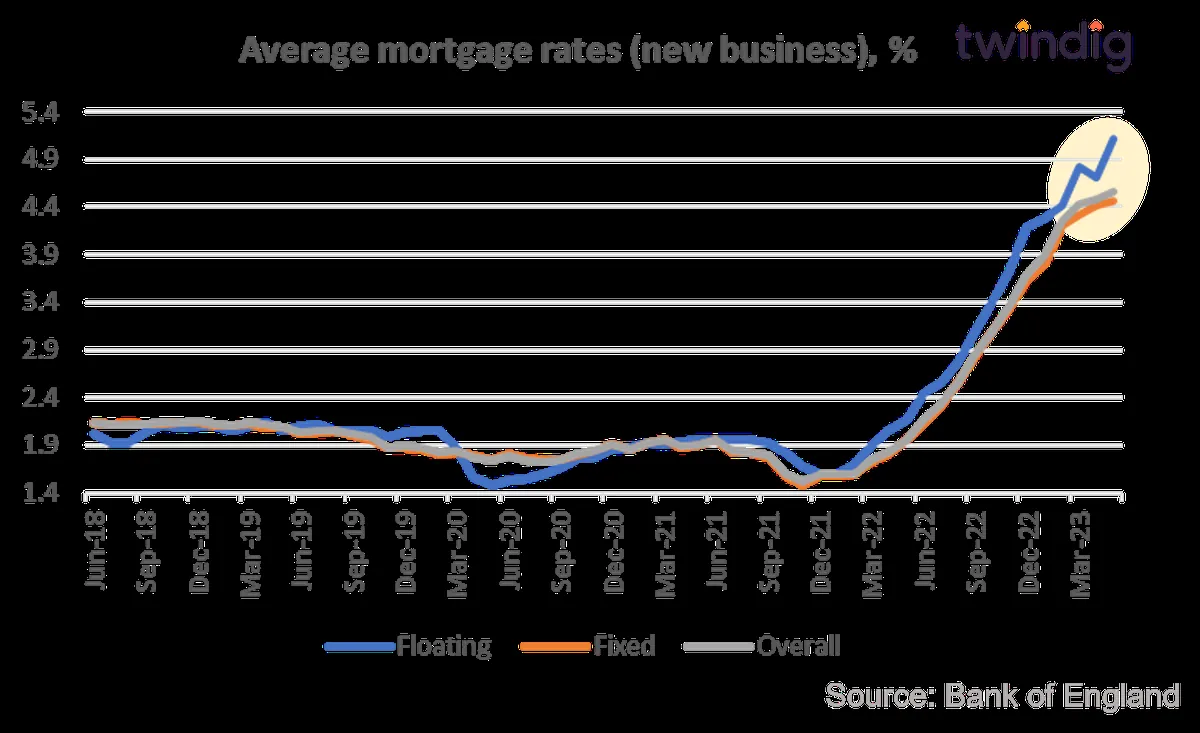Tunisia
Tunisia, officially the Republic of Tunisia, is the northernmost country in Africa. It is a part of the Maghreb region of North Africa, bordered by Algeria to the west and southwest, Libya to the southeast, and the Mediterranean Sea to the north and east. Tunisia also shares maritime borders with Italy through the islands of Sicily and Sardinia to the north and Malta to the east. It features the archaeological sites of Carthage dating back to the 9th century BC, as well as the Great Mosque of Kairouan. Known for its ancient architecture, souks, and blue coasts, it covers 163,610 km2 (63,170 sq mi), and has a population of 12.1 million. It contains the eastern end of the Atlas Mountains and the northern reaches of the Sahara desert; much of its remaining territory is arable land. Its 1,300 km (810 mi) of coastline includes the African conjunction of the western and eastern parts of the Mediterranean Basin. Tunisia is home to Africa's northernmost point, Cape Angela. Located on the northeastern coast, Tunis is the capital and largest city of the country, which is itself named after Tunis. The official language of Tunisia is Modern Standard Arabic. The vast majority of Tunisia's population is Arab and Muslim. Vernacular Tunisian Arabic is the most spoken, and French also serves as an administrative and educational language in some contexts, but it has no official status.
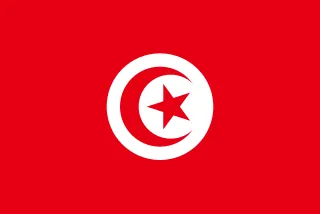
Some of the key events about Tunisia
- 146 BCCarthage was destroyed by Roman forces, ending the Punic Wars and Carthaginian civilization
- 698Arab conquest of Tunisia, ending Byzantine rule and beginning Islamization of the region
- 1574Ottoman Empire conquered Tunisia, establishing control for over three centuries
- 1881French troops invaded Tunisia, establishing a protectorate and colonial rule
- 1942-1943Tunisia became a battleground during World War II, with significant destruction and loss of life
- 1956Tunisia gained independence from France, becoming a sovereign nation
- 1956Post-independence political instability and economic challenges plagued the newly formed republic
- 1959The country adopted its first constitution, establishing a presidential system of government
- 1987A bloodless coup led to significant political reforms and economic liberalization
- 1987A bloodless coup d'état removed the country's first president from power
- 2004Tunisia hosted the Arab League summit, enhancing its diplomatic standing in the region
- 2009The country's first satellite, Tunsat-1, was launched into orbit
- 2010-2011The Tunisian Revolution sparked widespread unrest and led to the overthrow of the government
- 2011The Jasmine Revolution sparked the Arab Spring and led to democratic reforms in Tunisia
- 2013Political assassinations of opposition leaders caused national turmoil and protests
- 2014Tunisia adopted a new constitution, widely praised for its progressive stance on human rights
- 2015The Tunisian National Dialogue Quartet was awarded the Nobel Peace Prize for its contribution to democracy
- 2015Terrorist attacks targeted tourists at the Bardo National Museum and a beach resort in Sousse, severely impacting the tourism industry
- 2018Tunisia passed a law granting women equal inheritance rights, a first in the Arab world
- 2020Tunisia successfully contained the first wave of the COVID-19 pandemic, earning international praise
Disclaimer: This material is written based on information taken from open sources, including Wikipedia, news media, podcasts, and other public sources.
